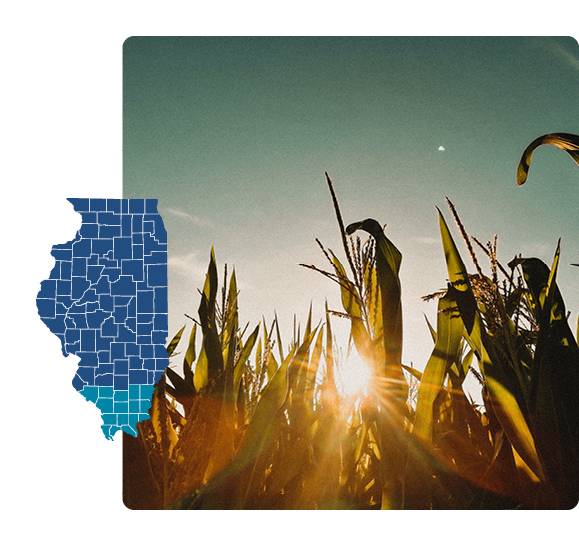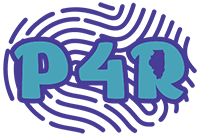What is Resilient Southern Illinois
Resilient Southern Illinois (RSI) is an initiative in the bottom 16 counties of Illinois that strives to build trauma-responsive schools and communities. RSI works with member districts and provides coaching for districts and schools to create diverse resilience teams, assess the domains of a trauma-responsive school, determine domain areas of focus, and build action plans to support implementation. RSI member district teams are invited to Professional Learning Communities (PLCs) three times a year. This allows teachers, educators, social workers, administrators, or other school staff to share trauma-responsive practices, network with like-minded colleagues, and receive professional development.
During the 2023-2024 school year, Resilient SI is working with 11-member school districts that include over 9,000 students and 600 teachers with the percentages of students coming from low-income households ranging from 34% – 97% throughout the various school districts.
- Buncombe CSD #43 – https://www.viennahighschool.com/
- Carbondale ESD #95 – https://www.ces95.org/
- Carbondale HSD #165 – http://www.cchs165.jacksn.k12.il.us/home
- Giant City CCSD #130 – https://gcs130.org/
- Herrin CUSD #4 – https://www.herrinschools.org/
- Johnston City CUSD #1 – https://www.jcindians.org/
- Meridian CUSD #101 – https://www.meridian101.com/
- Sparta CUSD #140 – https://www.sparta.k12.il.us/
- Unity Point CCSD #140 – https://www.up140.org/en-US
- Vienna ESD #55 – https://www.viennagradeschool.com/
- Vienna HSD #13-3 – https://www.viennahighschool.com/
Community Partnerships
- Centerstone
- Child Care Resource and Referral at John A. Logan College
- Illinois Education Association
- John A. Logan College
- Prevent Child Abuse – Illinois
- The Poshard Foundation for Abused Children
- Regional Offices of Education (20, 21, & 30)
- SI Community Foundation
- SIU Rural Health and Social Service Development
- SIU School of Medicine – Children’s Medical and Mental Health Resource Network
- SIU School of Medicine – Population Science and Policy
- Southern Illinois Coalition for Children and Families
- Stress and Trauma Treatment Center
Serving Trauma Responsive Schools in Southern Illinois
Extending the view of schools beyond just institutions for learning but inclusive of a whole-child experience.
Care For The Whole Child
- Healthy
- Safe
- Engaged
- Supported
- Challenged




